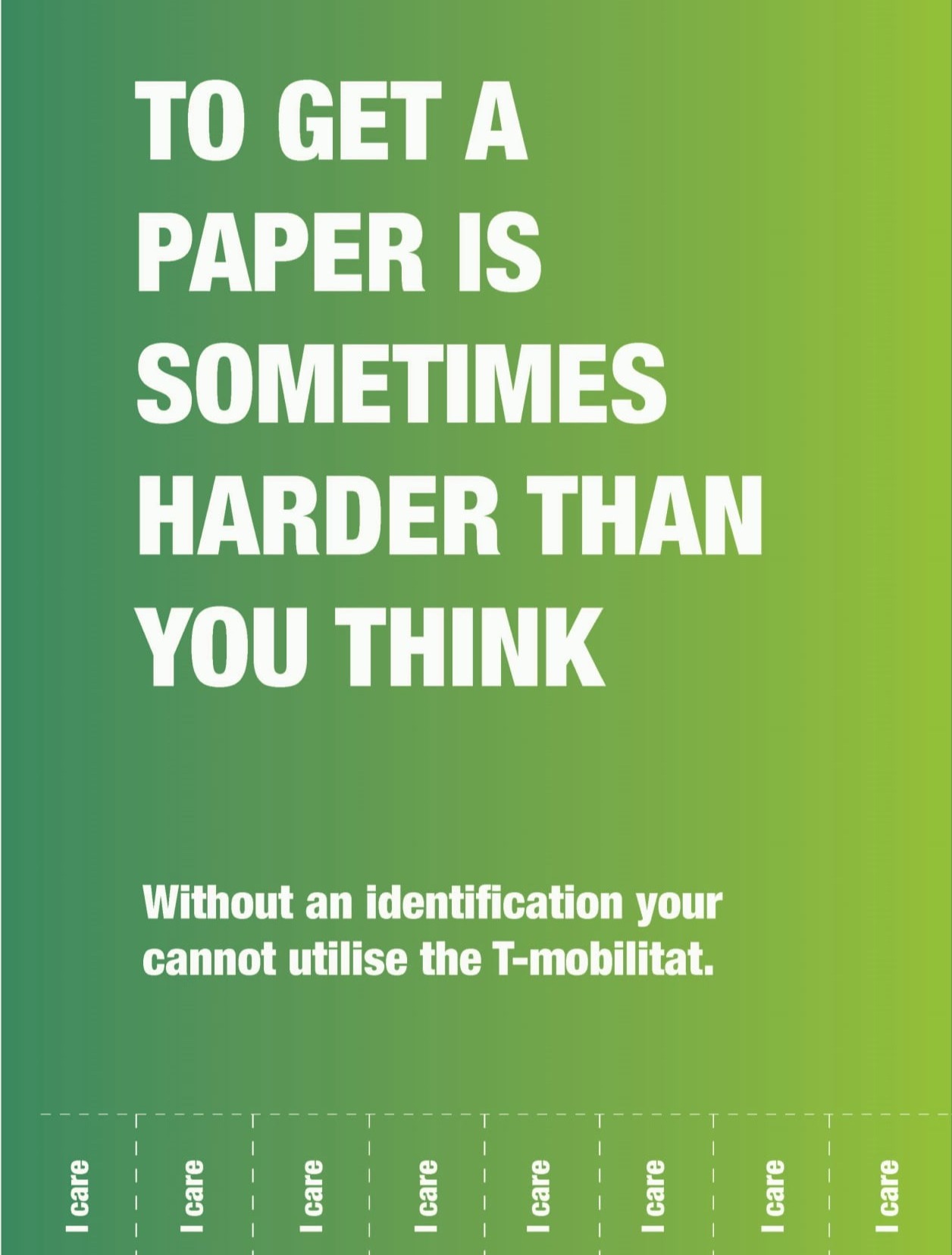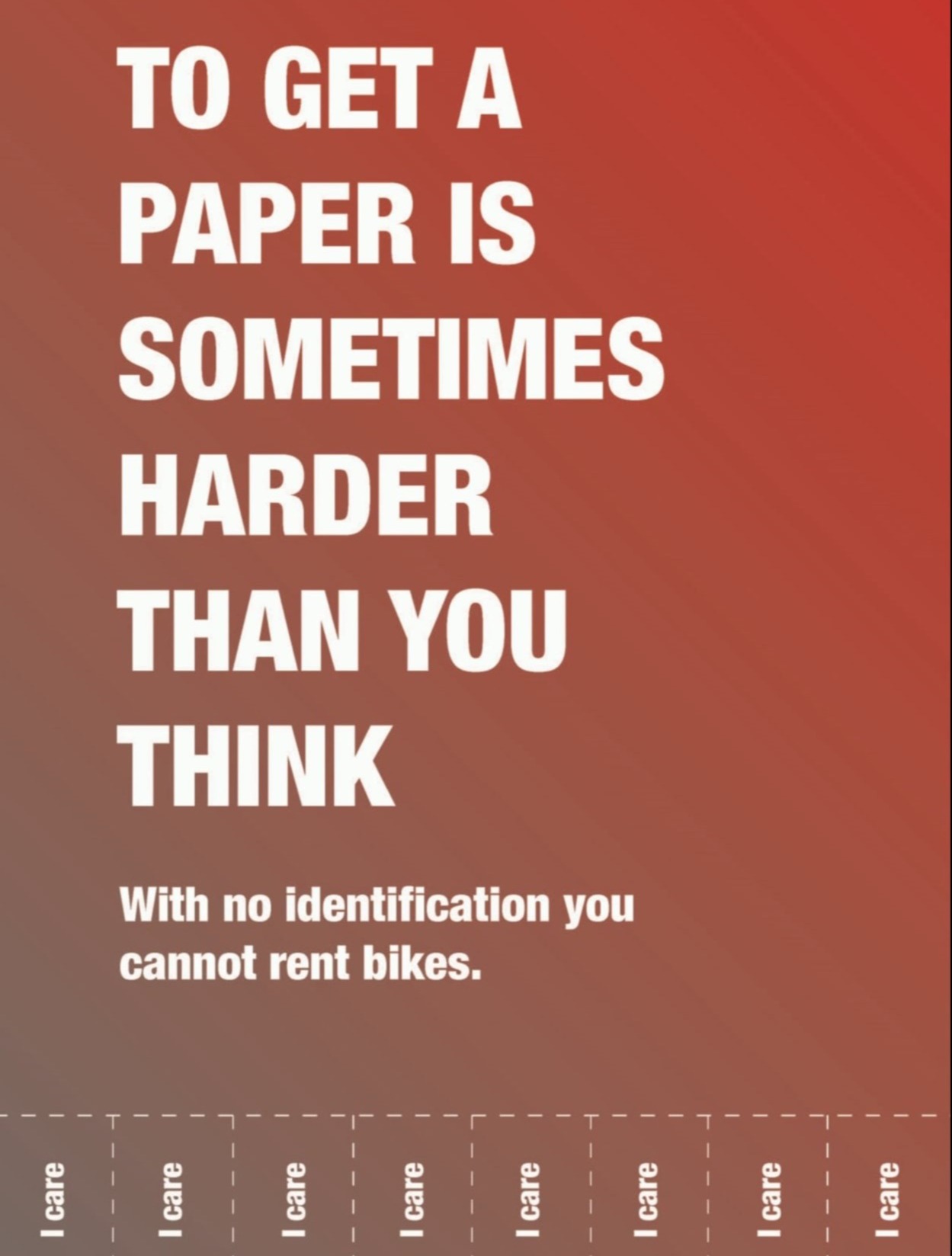Jorge, Manuja, Vania, and I shared a common interest in emergency aid for displaced populations, leading us to form a group. We began by discussing our research and individual interests in the subject. Manuja focused on the use of technology for emergency aid, Jorge on emergency shelters, and Vania on adaptable materials for disaster relief. My interests encompassed maker spaces, co-creation, connectivity, emergency shelters, safe spaces, open-source knowledge, and transferable knowledge for displaced populations.
Initially, when we considered our design intervention, we aimed to connect emergency aid for refugees, the elderly, technology with low cost, sustainable home materials, and renewable energy. However, given our limited time frame, we realized the need to narrow down our focus and pinpoint a specific intervention.
Our initial intervention involved creating basic hygiene tools, such as soap, toothpaste, insect repellent, and deodorant, using readily available kitchen or natural products in Barcelona. These tools were designed to be used when local stores were inaccessible. After discussing with our teachers, we recognized the gap between our intervention and real users and decided to pivot, not wanting to create something that wouldn't serve a practical purpose.
During the process, I encountered moments of uncertainty, considering the complexity and sensitivity of the topic we were researching. I was concerned about being delicate in addressing the issues.
Our discussions shifted towards our experiences with obtaining TIE/NIE/DNI and the associated complications, with each of us having different situations and procedures.
The conversation evolved to transportation challenges within Barcelona, particularly related to obtaining T-mobilitat cards and using city bikes, which often required NIE or passport identification. This posed a barrier for some of the population who couldn't provide this type of identification.
We identified existing initiatives in Barcelona that addressed transportation issues for minorities, including bike courses for migrant women offered by the Bici Hub, bike rental companies not requiring identification, and the upcoming introduction of a nameless cardboard card in 2024, although it wouldn't grant access to reduced fares.


For our first design intervention, we created awareness-raising posters highlighting the limitations individuals face due to the lack of access to basic transportation in Barcelona. These posters contained two simple sentences emphasizing the importance of recognizing the value of having identification. We placed them in Urquinaona, a busy location on a Saturday. People passing by started reading and interacting with the posters. We also encouraged people on the street to engage with the message, although some were not willing to participate.
Overall, the experience was engaging and provided a more personal way of intervening. It had its share of challenges and rewards, enabling us to explore and discover things we might not have otherwise. Additionally, it helped us better understand each team member's skills and interests.
Video of our design intervention
Free AI Website Creator